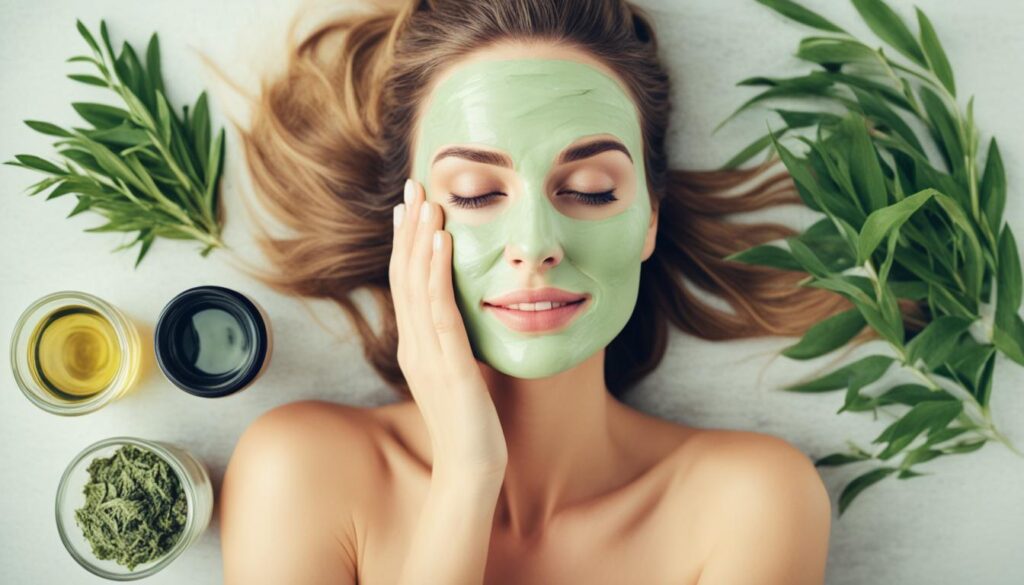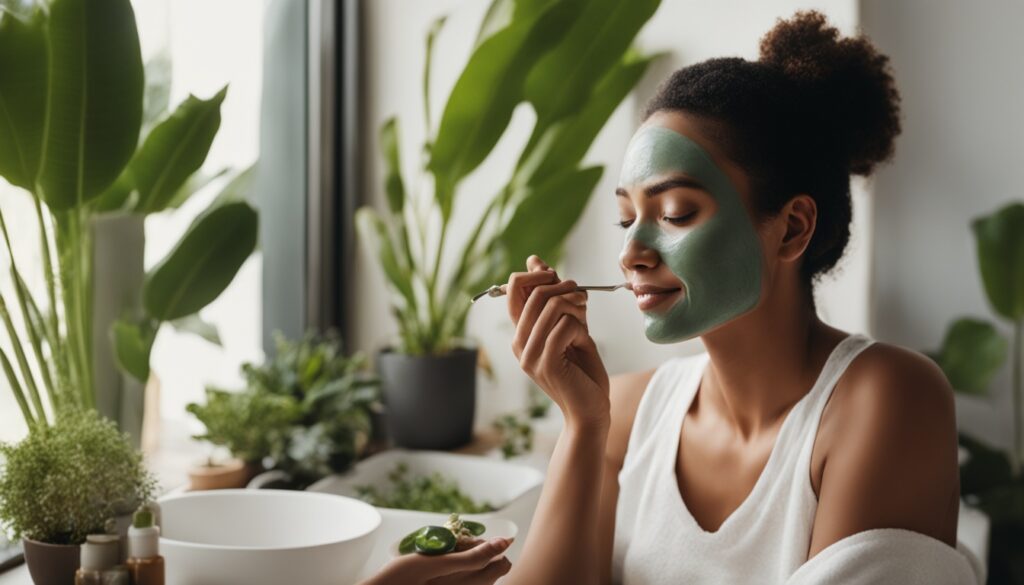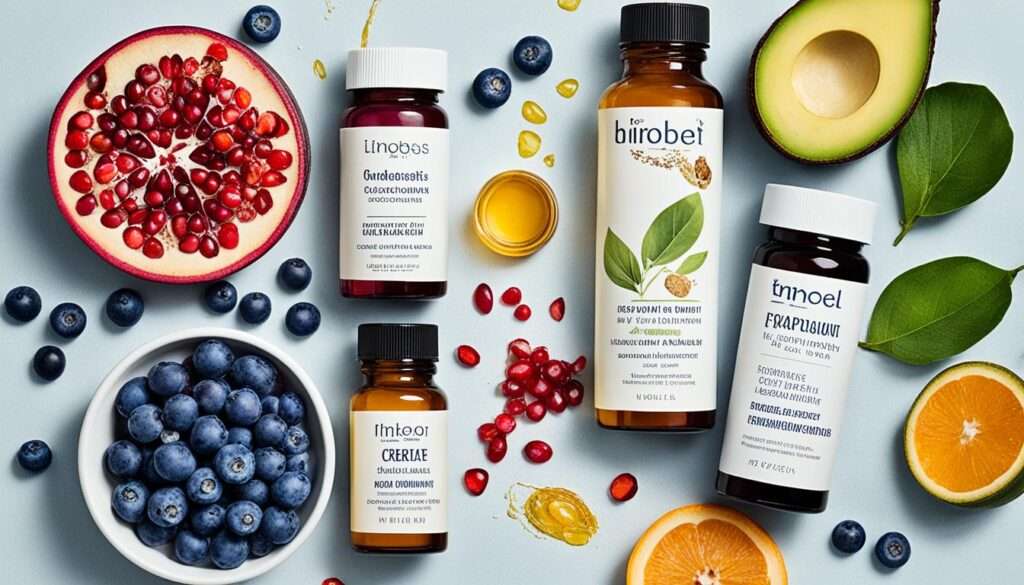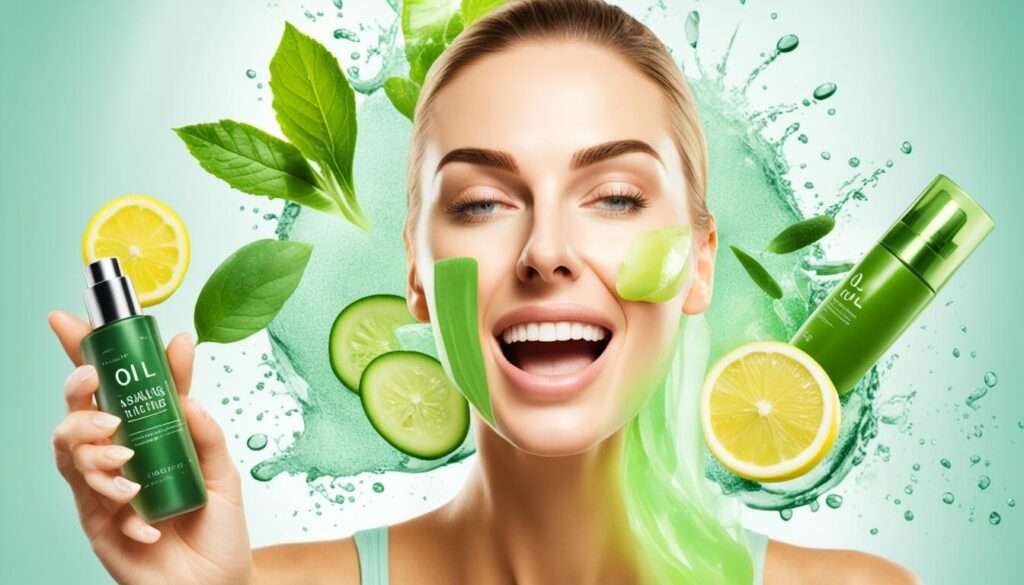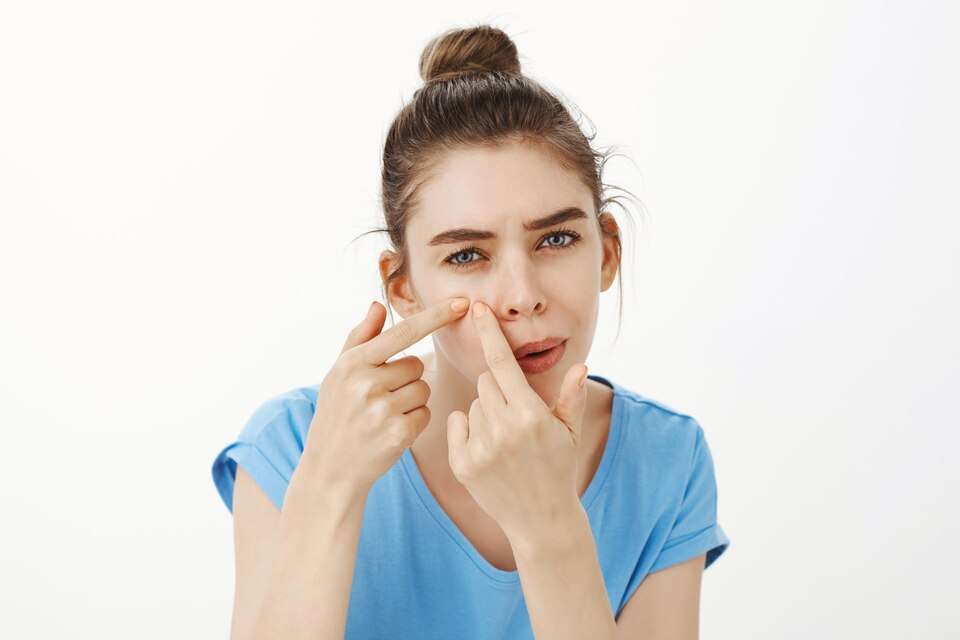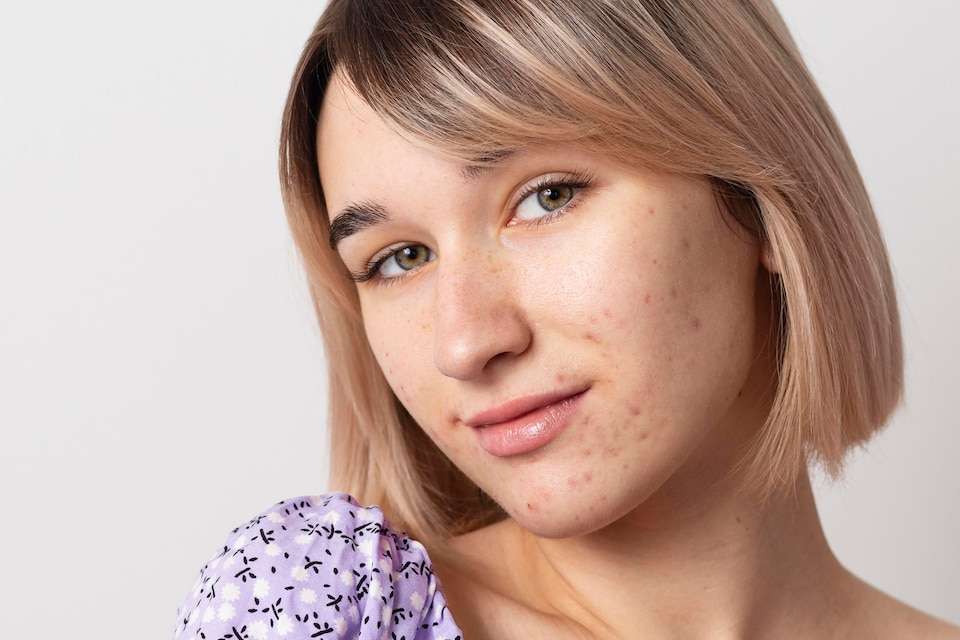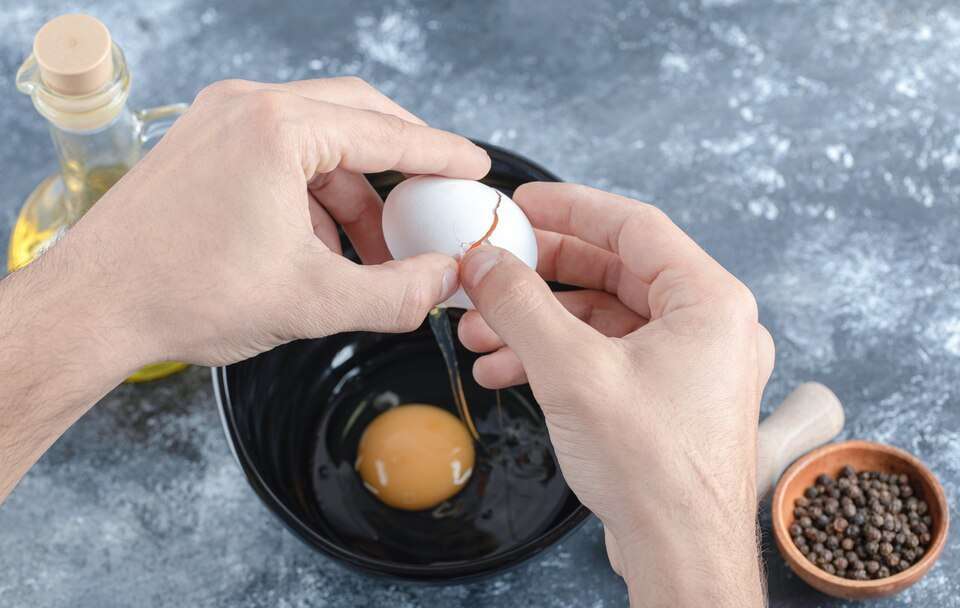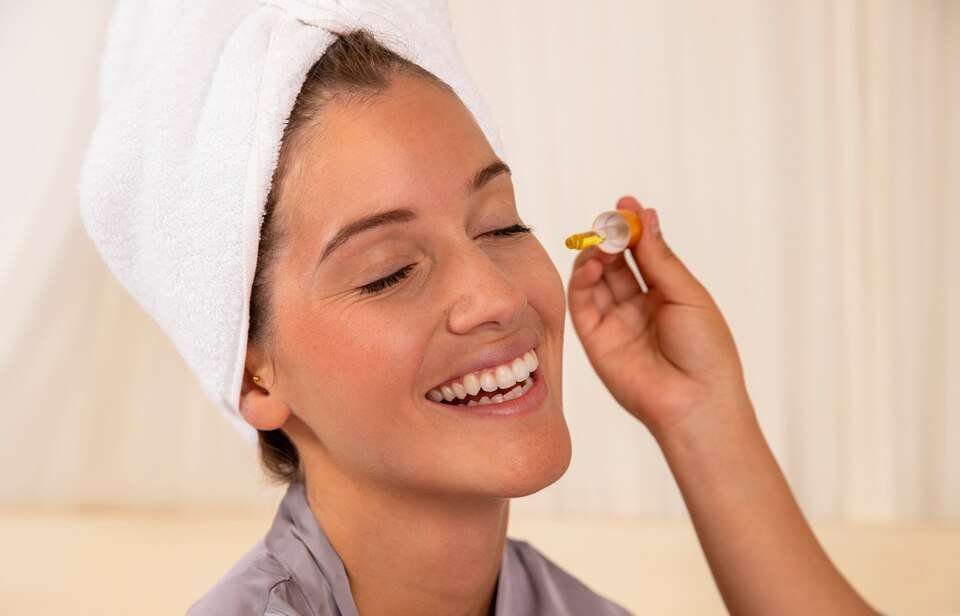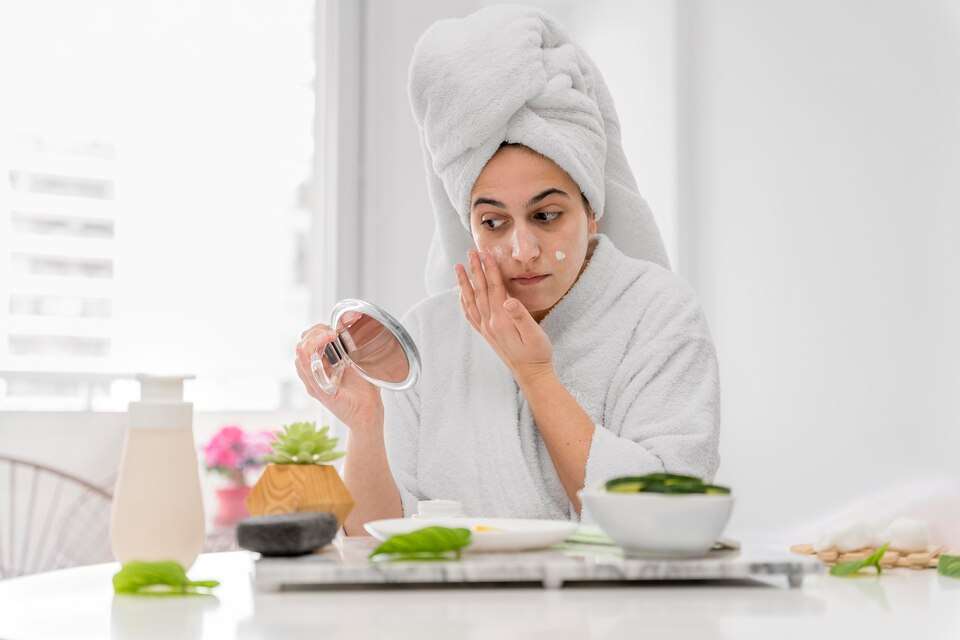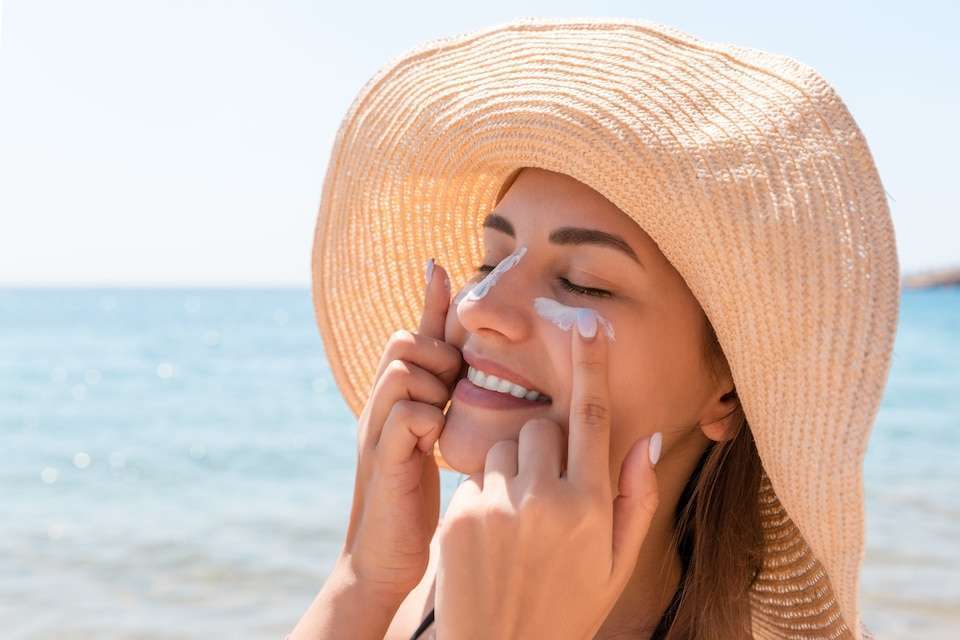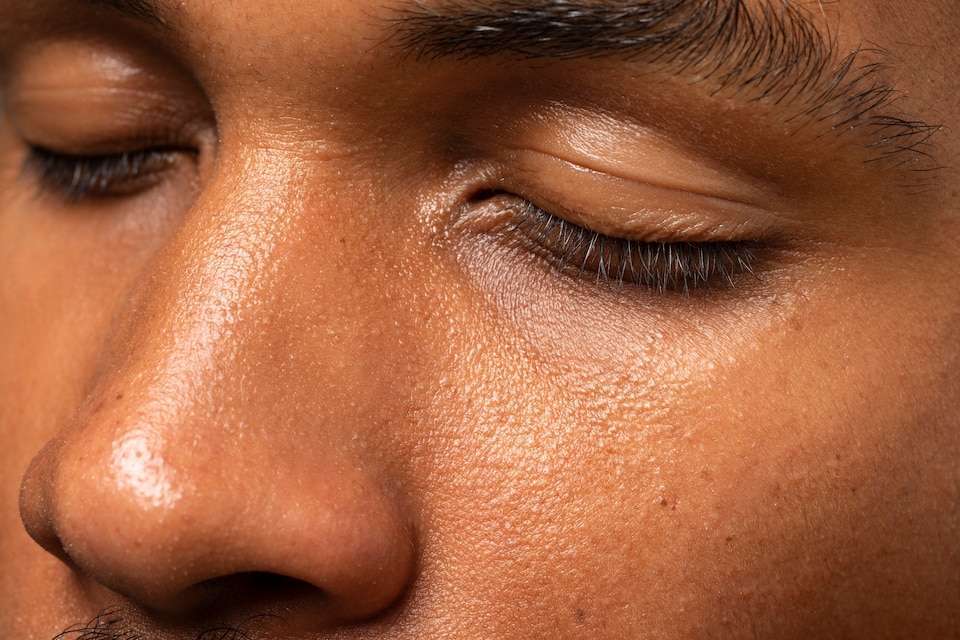Does Consuming Eggs Lead To Acne? Eggs are a common breakfast food all over the world. They are full of vitamins, minerals, and excellent protein and have few calories. But can you believe that food that tastes so good can worsen your health problems? There is some question about whether or not eggs cause acne. But are eggs the reason for acne, or is this just a myth? Let’s look at what an egg is made of and how it can affect your face. What kinds of nutrients are in an egg? Along with milk, eggs contain high-quality protein, fatty fats, multiple vitamins, minerals such as iron, pigments, and several helpful microelements. The United States Department of Agriculture says that a big egg has the following: Eggs have protein and almost all of the vitamins, and they also have small amounts of minerals like calcium, iron, potassium, phosphorus, manganese, copper, fluoride, selenium, etc. A big egg has about 72 to 75 kilocalories of energy, about 5 grams of fat, and almost no carbs. Choline, found in eggs, is an important nutrient for brain growth. They also have the antioxidants lutein and zeaxanthin, which help protect your eyes. Lecithin, an important fatty acid moisturizer, is also found in eggs. The retinol in an egg is very good for the skin in many ways. In the same way, selenium may shield your body from the damage that free radicals can do. How Eggs Lead To Acne? Some of the parts of an egg can cause acne in certain situations. Here are the main things that make some people get acne. Biotin as a Suspect Some people think that eggs cause acne because they have a lot of biotin. Biotin is an established component that helps keep your hair and skin healthy. Eggs have many biotins, covering many of the recommended daily allowances (RDAs). When there is too much biotin, the body makes too much keratin. This is hyperkeratosis, and it can lead to wrinkles. Iodine Content Some people say that this gas causes acne. Eggs contain a lot of iodine, which can indirectly cause acne. But that happens when you focus on the good things about your body. On average, there are 25 g of iodine in an egg. This much iodine is enough to make the body get rid of fluoride. Fluoride is a dangerous chemical that stays in your body long and can cause zits. Fluoride can be pushed out of the body by iodine. As your body gets rid of the fluoride, it gets rid of it along with dead skin, sweat, or oil. So, the iodine in eggs is good for you, but the fluoride in your body causes acne when you get rid of it. Read Also: Tips For The Acne Treatment In Teenagers The presence of too much progesterone Another thing that can cause zits is the progesterone in eggs. Even though your body makes progesterone alone, eating extra hormones daily can reduce your natural hormonal balance. If the amount of progesterone goes up quickly, it can cause wrinkles. Again, the answer may be different for each person. People are different in how much they can handle and how they respond to things. If you take medicines like birth control pills with many estrogens, eating too many eggs can cause acne. Excess Albumin Albumin is a type of protein that is made by your liver. It is an important protein that helps move vitamins, hormones, as well as enzymes to various parts of the body. But if you eat too much protein from outside sources, it can hurt your gut system. So, your lymphatic system might not break down the extra albumin and put it there. Albumin is found in large amounts in egg white. When your body can’t break down albumin, it builds up in the lymphatic system and makes it inflamed. It could also cause acne. >>Unlock Your Secret Here<< Leaky Gut Syndrome (LGS) This is a medical situation in which toxins from your stomach get into your system. Some foods, like milk, corn, soy, gluten, and eggs, are known to be the cause of this digestive problem. Inflammation in your body and skin problems like acne, spots, or eczema are typical signs of a leaky gut syndrome, along with many other signs. How Can You Tell If Eggs Are Causing Your Acne? Stop eating eggs for a month. This is the best way to find out if eggs are causing your acne or inflammation. If eggs were the cause of your pimples or spots, they would go away in 10–15 days after you stopped eating them. When figuring out how many eggs you can eat, remember that everyone is different and has a different limit. Slowly bringing something back into your life can be a good way to find your barrier. Start with one egg and wait a week to see if you can see any change. If you broke out because of eggs, it would happen three days after you ate them. You can start with one egg once a week this way. Since the goal is to find out how many eggs you can eat without getting sick, you can slowly add more eggs as the days go by and check. But it’s best to avoid eating anything that makes inflammation worse. What to do if eggs give you acne If you already know that eggs cause acne, don’t worry. Give your face time to heal independently, or try soothing things you can do at home. In the meantime, stop eating as many eggs to prevent the soreness from worsening. Another sensible choice is to stop eating eggs immediately and give your acne time to heal. Then, after a month, you can try again, as mentioned above, to add eggs to your meal. Conclusion Your acne situation can be affected by how often you eat eggs. Some parts of eggs can make inflammation happen. If eggs are the problem, you
